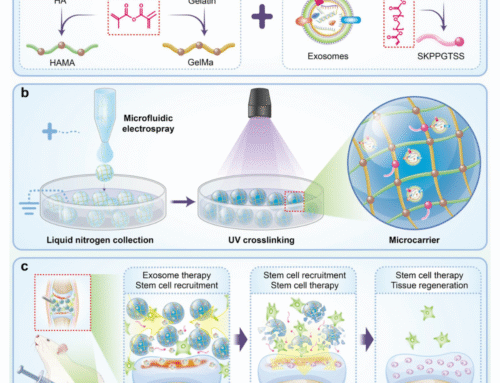One of the most significant advancements in drug discovery is the ability to screen bioactive compounds effectively and at scale. This is particularly important when using cells like HEK293T cells, which are difficult to produce at scale. A recent study published in the Journal of Pharmaceutical and Biomedical Analysis demonstrates how microcarrier culture can solve this issue by facilitating the large-scale production of adherent cells for efficient and biomimetic screening of potential drug compounds from natural sources, such as Fructus evodiae.
Study Highlights:
In this research, microcarrier technology is utilized to produce a high density of HEK293T cells, which are then immobilized for use in a novel screening method targeting Fibroblast Growth Factor Receptor 4 (FGFR4). HEK293T cells are difficult to produce at scale, but microcarrier culture addresses this limitation by supporting the growth of these adherent cells on a large scale. By immobilizing the cells on microcarriers coated with collagen, the study ensures that the native structure and biological functionality of the cells remain intact, allowing for more accurate interaction with drug compounds in a manner that mimics in vivo conditions.
Microcarrier systems are widely recognized for their ability to support the large-scale growth of adherent cells, making them ideal for pharmaceutical and biomedical applications. These systems allow cells to grow on small beads, maximizing the surface area available for cell attachment, thus enabling the production of a higher cell density in a controlled environment.
Advantages of Microcarrier Culture in Drug Screening:
Using microcarriers, the researchers were able to immobilize HEK293T cells, which are typically challenging to grow in large quantities, and use them to screen compounds from Fructus evodiae that target FGFR4. This approach led to the identification of two key compounds—evodiamine and limonin—that demonstrated significant inhibitory activity on the FGFR4 receptor, an important target in cancer therapies.
Additionally, the use of microcarriers enabled the development of a cell-based stationary phase that can be reused multiple times, increasing the efficiency and reproducibility of the screening process. The system demonstrated high selectivity, allowing for precise identification of bioactive compounds while maintaining the structural integrity and functionality of the immobilized cells.
Conclusion:
The application of microcarrier culture in this study showcases its immense potential for drug discovery, especially when dealing with cells that are otherwise difficult to produce at scale, like HEK293T cells. This innovative screening method offers a powerful tool for isolating and identifying active compounds from complex natural sources, paving the way for the development of more effective and targeted cancer treatments. The integration of microcarrier culture into drug screening platforms represents a promising step forward in scaling up the production of adherent cells for large-scale pharmaceutical applications.
Reach out to our team of experts if you need to expand your HEK293T Cells using Microcarriers.








Leave A Comment